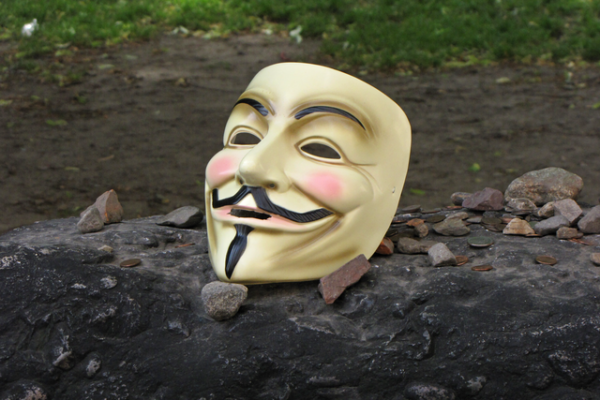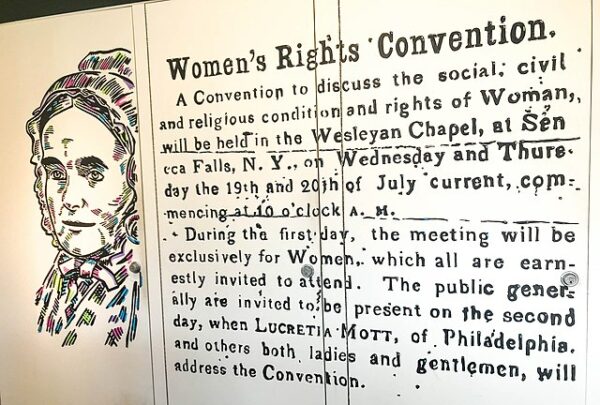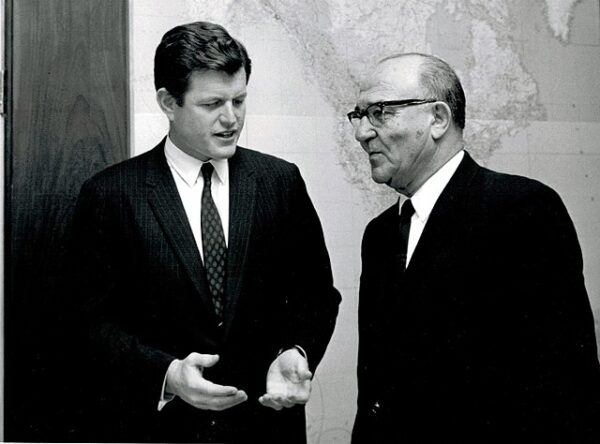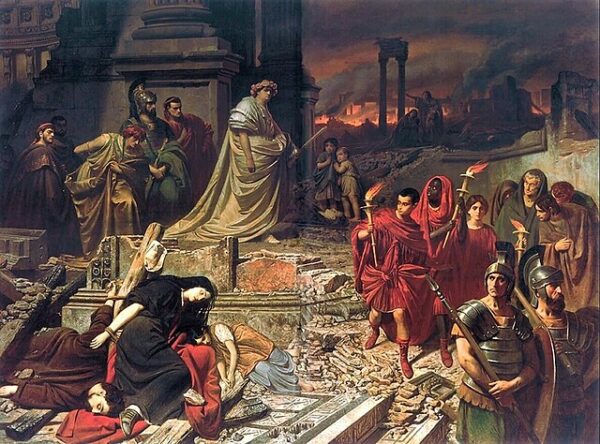Remember, Remember the 5th of November,
Gunpowder, treason and plot.
It’s the beginning of a poem that children all over Great Britain sing as every November 5 the nation lights up in fireworks and bonfires. Unlike the United States, where Americans celebrate the birth of their nation on July 4, the British remember what almost happened but was for naught.
On the 5th of November in 1605, Guy Fawkes nearly blew the King of England and the Parliament to smithereens with his infamous Gunpowder Plot. This event has its origins in the early 17th century, during a tumultuous period in English history characterized by religious conflict and political tension.
Fawkes, a devout Catholic born in 1570, became a key figure in this treasonous act when he and a group of conspirators planned to blow up the English Parliament and assassinate King James I, a Protestant monarch. Their motive was to replace the Protestant establishment with a Catholic ruler and end the persecution of Catholics in England.
Fawkes’ role in the plot was crucial – he was tasked with guarding barrels of gunpowder hidden beneath the House of Lords. The conspirators aimed to detonate the gunpowder during the State Opening of Parliament on November 5, 1605, with the goal of killing the king and many prominent Protestants in one fell swoop.
The Tower of London writes, “The plan very nearly succeeded. It was only thanks to an anonymous letter to the authorities, received in late October, that the King, his family and his Protestant ministers were not all murdered.
An extract reads: ‘they shall receive a terrible blow this parliament and yet they shall not see who hurts them’.
Royal guards searched The House of Lords at midnight and in the early hours of 5 November Fawkes was discovered in the cellars, with a fuse, a small lamp, a box of matches and 36 poorly-hidden barrels of gunpowder.
Fawkes was arrested and taken to the King. When asked what he was doing in the cellars, Fawkes replied boldly: ‘I wish to blow the Scottish King and all of his Scottish Lords back to Scotland.’ He also expressed his regret at having failed. Although insulted, James I couldn’t help but praise the traitor’s ‘Roman resolution’.”
Fawkes, along with his surviving co-conspirators Thomas Wintour, Ambrose Rookwood, and Robert Keyes, faced a harrowing legal process, one that included torture authorized directly by the king. They eventually stood trial and ultimately received sentences for the act of treason.
Their grim destiny unfolded on January 31, 1606, as they were publicly subjected to the gruesome punishment of being drawn behind a horse through the streets of London and subsequently hanged, drawn, and quartered, one by one, in Westminster Yard.
Today, the 5th of November is celebrated as Bonfire Night or Guy Fawkes Night in the UK. It typically involves fireworks, bonfires, and the burning of effigies of Guy Fawkes, an event rooted in the historical significance of thwarting the Gunpowder Plot. While the history is remembered with a mix of reverence and revelry, the day serves as a reminder of the enduring impact of the Gunpowder Plot on British history and its long-lasting cultural significance.






